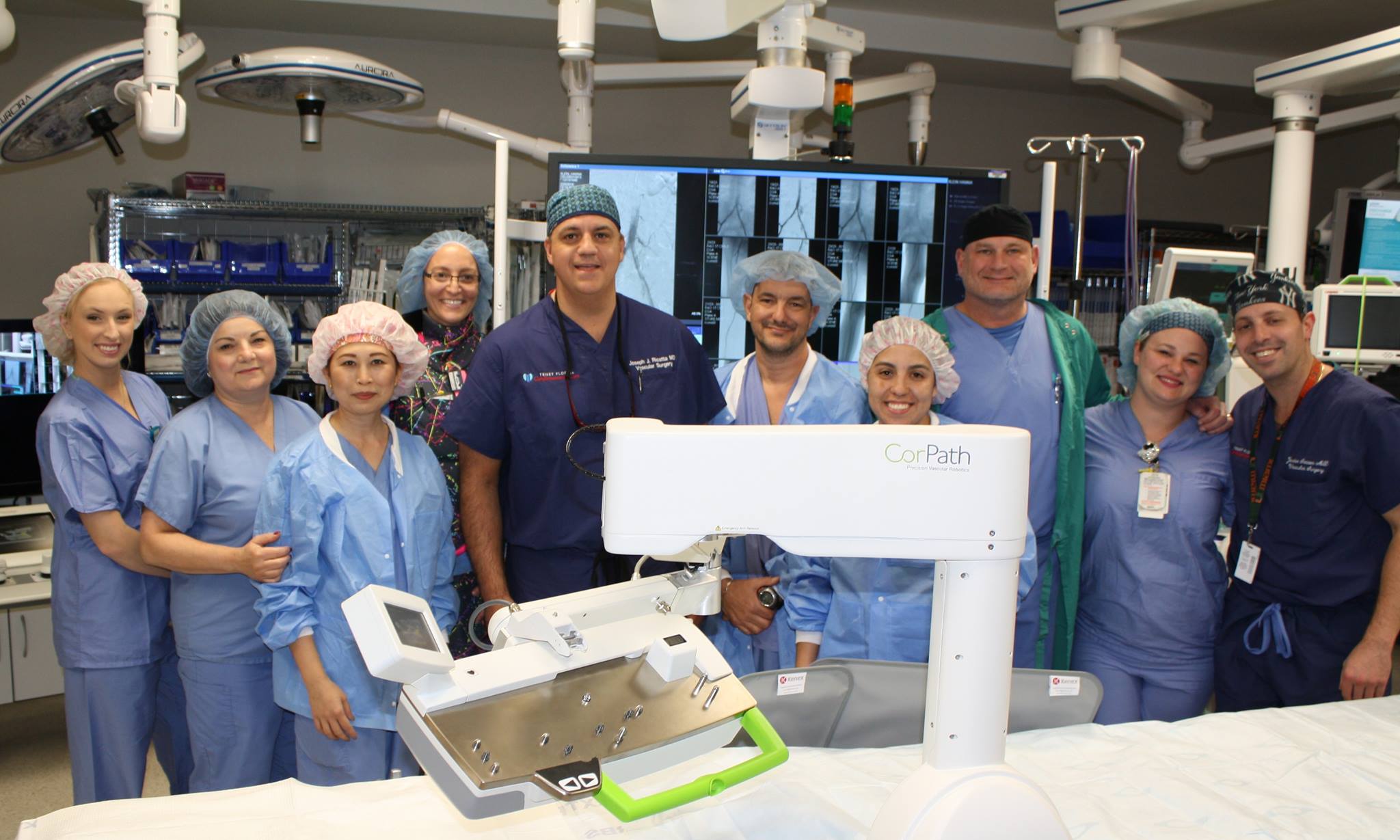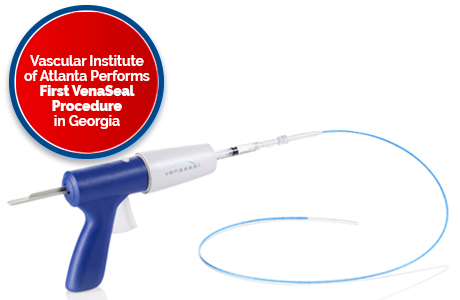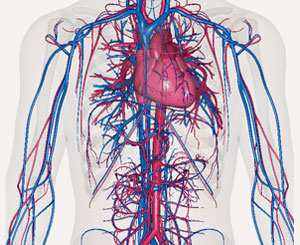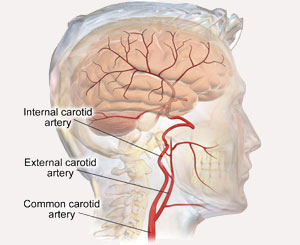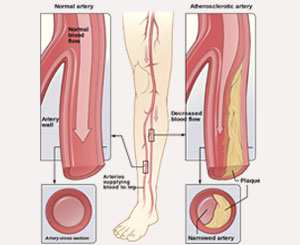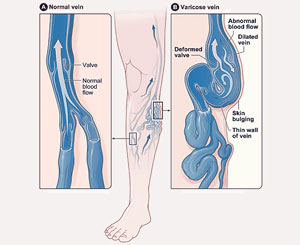For decades, the low-fat diet has been touted as the go-to diet for overall health and it’s no secret that most of us were raised in a world that vilified all forms of fat. However, as our research methods have improved and our understanding of everything from cardiovascular disease to metabolic syndrome has increased, it’s clear that banning all forms of fat may be somewhat misguided.
Plain and simple, while we turned fat into the pariah of the food world, our adoption of strictly low-fat diets— and subsequently, our increased consumption of refined carbohydrates and sugar—created a virtual epidemic of chronic, preventable illnesses such as hypertension, diabetes, and vascular disease. While a host of lifestyle and genetic factors are often to blame for most conditions, it’s important to realize that when attempting to cut back on certain harmful fats, most of us cut back on the beneficial ones as well.
In short, you need fat. Aside from being a major source of energy, it aids in the absorption of vitamins and minerals, and is necessary for proper functioning at our most basic cellular level. It is needed to build the sheaths surrounding our nerves (particularly in very young children), helps create and support cell membranes, and is an essential component of blood clotting, muscle movement, and the minimization of inflammation.
Still, when talking about fat, it’s important to have an understanding of those fats that are truly beneficial and those that may do more harm than good. It would be a mistake for people—in particular, those with vascular issues—to assume that they can eat all forms of fat without issue.
Good fats include monounsaturated and polyunsaturated fats, while “bad” ones include industrial-made trans fats. While saturated fat has long been implicated as a factor in vascular health, U.S. government’s latest Scientific Report of the 2015 Dietary Guidelines has pointed to the fact that in moderation, saturated fat—found in meat, eggs, butter, full-fat dairy, and coconut oil—can be a healthy part of a balanced diet. The caveat deals with the fact that a diet rich in saturated fats may drive up total cholesterol and promote blockages throughout the body; however, studies have shown that replacing saturated fats with highly processed carbohydrates may in fact be more detrimental. When in doubt, it’s important to speak with your doctor regarding your particular condition.
THE BAD
While things like monounsaturated and saturated fats naturally occur in nature, trans fats are a byproduct of a process called hydrogenation, which is utilized to solidify otherwise healthy oils so that they do not become rancid.
Early uses of trans fat were generally restricted to things like margarine and vegetable shortening; however, as our food production processes have become more industrialized, food makers have found a way to use them in everything from fast-food and French fries to pastries and cookies.
Therefore, the result of this massive consumption of man-made fats has not only led to widespread increases in LDL (bad) cholesterol and decreases in HDL (good) cholesterol, but also chronic inflammation that is linked to stroke, vascular and heart disease, diabetes, and a variety of other prolonged conditions. In short, most experts warn that there really is no safe consumption of trans fats. The U.S. Food and Drug Administration (FDA) has made it a requirement for food makers to list trans fat content on nutrition labels, so it’s important to pay attention to what you’re buying.
THE GOOD
Most healthy fats are liquid at room temperature and come in two forms: monounsaturated and polyunsaturated.
Monounsaturated Fats – Good sources of these fats include olive oil, canola oil, avocados, peanut oil, and most nuts, as well as sunflower oils and high-oleic safflower oil. Commonly used in parts of the Mediterranean, studies have shown that a Mediterranean-style of eating may go a long way towards promoting vascular health, especially when things like olive oil and nuts are used in place of saturated and trans fats.
Polyunsaturated Fats – These fats come in two forms—omega-3 and omega-6 fatty acids—and are essential to the normal functioning of our bodies. Good sources of omega-3 fatty acids include fatty fish such as salmon, sardines, and mackerel, as well as flaxseeds, canola oil, and walnuts, while good sources of omega-6 fatty acids include vegetable oils such as corn, soybean, and walnut oils.
While most of us already consume adequate levels of omega-6 fatty acids, our bodies are often lacking in omega-3s, which is important if we consider the fact that they may help prevent—and even treat—conditions such as heart disease and stroke. In addition, their consumption is also linked to increases in HDL (good cholesterol), as well as decreases in blood pressure and overall inflammation.
CONCLUSION
Plain and simple, most forms of dietary fat are not the enemy; however, fat on the body is. It’s no secret that being overweight plays a huge role in increasing your risk of everything from cardiovascular disease and cancer to stroke, so it’s important to have a solid understanding of how the things you eat affect your body. The goal is to eat a diet rich in real, whole foods that do not come from a package or box and to focus on minimizing the consumption of processed carbohydrates and sugar.
To learn more or to speak with us about creating dietary recommendations that will meet your individual vascular needs, please visit our website or call us at 470-355-3053.
Dr. Joseph J. Ricotta II MD, MS, FACS
Vascular Institute of Atlanta
www.AtlVascular.com
470-355-3053

